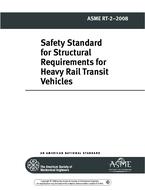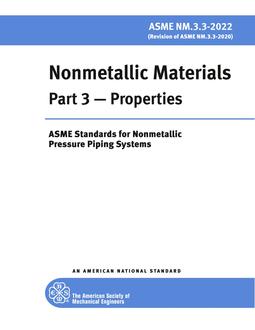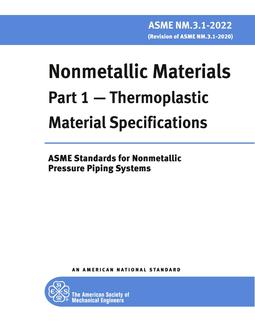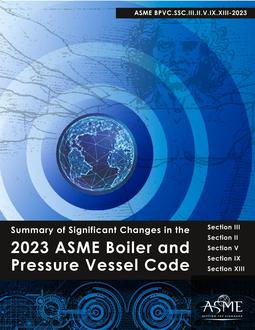
ASME RT-2-2008
Click here to purchase
RT-2-2008 applies to carbodies of newly constructed heavy rail transit vehicles for transit passenger service in North America. It defines requirements for the incorporation of passive safety design concepts related to the performance of the carbody of heavy rail transit vehicles in conditions such as collisions, so as to enhance passenger safety, and limit and control damage. This Standard does not cover light rail vehicles, automated people movers, and freight, commuter, high speed or any other rail vehicles under the jurisdiction of the Federal Railroad Administration. It does not cover structural repairs, fatigue, corrosion, fire protection, interior vehicle design or emergency egress from vehicle.
RT-2-2008 and RT-1-2009 are first editions of the ASME RT Safety Standards. They apply to carbodies for newly constructed light and heavy rail vehicles for transit passenger service.
TheseStandards define requirements for the incorporation of passive safety design concepts related to the performance of the carbody in collisions, so as to enhance passenger safety while limiting and controlling damage.These Standards are the first of their kind for North America. They arose from an industry groundswell to address the heavier-duty carbody requirements of North America versus those of Europe (which are governed by European standards EN12663, EN15663 and EN15227.) The result is a pair of uniform standardssuitable for adoption by all levels of domestic jurisdiction, while providing state-of-the-art guidelines for other nations considering carbody standards for their rail-transit systems.
These Standards are also unique for utilizing Crash Energy Management (CEM) protocols. CEM represents the latest best-practices of design, testing, analysis and manufacture-enhancing crashworthiness by assigning certain sections ofthe carbody the task of absorbing a portion of the energy of collision by crushingin a controlled manner. Proper application of CEM preserves occupant volume, while minimizing the consequences of occupant impacts with the vehicle interior.Production efficiencies may also be realized via CEM, although heighteningpassenger safety is the main intent.Intended for rail-transit carbody manufacturers and their suppliers of components and raw materials, as well as the owners and operators of rail-transit systems, plus all potential governing entities.
Product Details
- Edition:
- 1st
- Published:
- 01/05/2009
- ISBN(s):
- 9780791831625
- ANSI:
- ANSI Approved
- Number of Pages:
- 22
- File Size:
- 1 file , 450 KB
- Product Code(s):
- M1960Q, M1960Q, M1960Q


